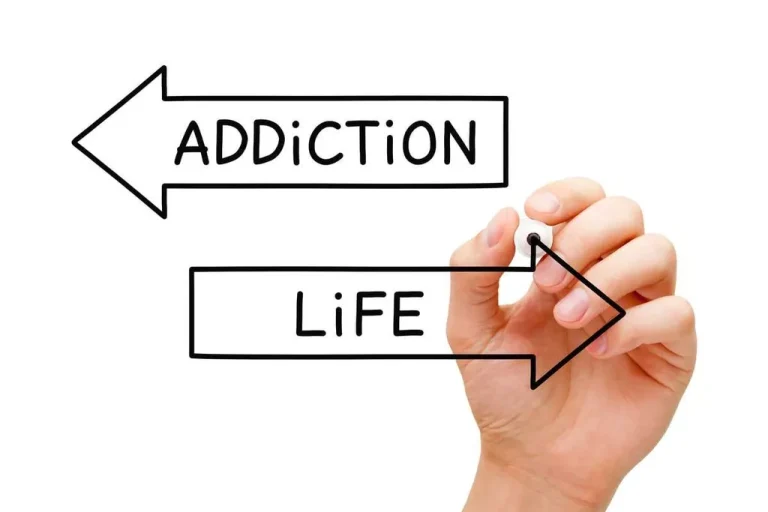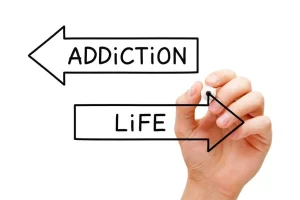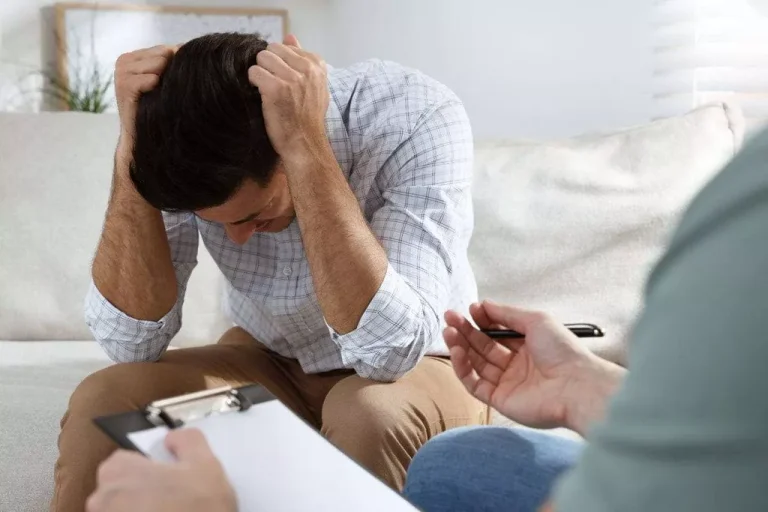
The best way to avoid a hangover entirely is to drink in moderation, or choose not to drink alcohol at all. For many people, alcohol withdrawal can be dangerous and requires assistance from licensed medical practitioners to ensure safety. Depending on the severity of the withdrawals, you may benefit from medication-assisted treatment. You might feel better for a little while if you have another drink in the morning, but you’re only postponing your symptoms. This phrase, by the way, dates to the days when people thought you could cure rabies by sipping a potion made from the fur of the beast that bit you. Ease the pain by staying hydrated—alternating every glass of booze with a glass of water, he says—and make sure to keep drinking water even when you really don’t feel like it the next day.
Alcoholism Treatment Options
- When mixing these clear liquors with darker-toned liquors like whiskey, dark rum, or brandy, the hangover symptoms you experience could be more severe.
- Severe infections or those requiring hospitalization can take weeks to recover from, and long-term symptoms will depend on what complications or co-infections that develop during your treatment.
- Clear liquors like gin and vodka have a lower congener content, while darker liquors such as brandy and dark rum have a higher concentration.
- Some who consume alcohol get a headache because they have a sensitivity to the added chemicals or preservatives.
- A good rule of thumb is to drink at least one glass of water after each drink.
Thus, you may be more vulnerable to migraine-like hangover symptoms after a drinking session 13. Sensitivity to light and sound may also accompany a hangover migraine. Because alcohol is a diuretic, this can lead to mild dehydration, which essentially contributes to the development of a headache. Another proposed mechanism involves the vasodilatory effects of alcohol, as alcohol can widen the blood vessels in certain areas of the brain, triggering a headache 12. Certain types of alcoholic beverages tend to stimulate the production of stomach acid or slow down gastric motility 11. This irritates the lining of your stomach and can lead to various digestive issues, including nausea, vomiting, stomach discomfort, and heartburn.

General Health
- Individuals who suffer from migraine headaches are also more likely to experience hangovers, according to Johns Hopkins Medicine.
- Logically speaking, drinking alcoholic beverages with a higher alcohol content is more likely to lead to a hangover than those with a lower ABV.
The duration can vary based on several factors, including the amount and type of alcohol consumed, individual tolerance, and hydration levels. Some may recover faster, while others may experience lingering effects for a few days. The type of drinks you consume can also increase the severity of a hangover. Certain types of alcohol contain high levels of substances known as congeners, which are impurities left behind during the fermentation process when alcohol is made. They tend to cause more severe hangovers than light-colored alcoholic beverages such as vodka, which contains no congeners.
Lifestyle Quizzes
When you drink, your liver is busy breaking down the alcohol instead of drug addiction doing its usual job of keeping your blood sugar steady. This can make your blood sugar drop, especially if you haven’t eaten. You might feel weak, tired, moody, or have trouble focusing—all classic hangover symptoms.

How to Prevent a Hangover? Before & After Drinking
Darker drinks like red wine or whiskey typically have higher congener levels than lighter drinks like vodka or gin. A hangover is the feeling of illness that follows alcohol consumption. It begins as a person’s blood alcohol levels decrease after they stop drinking, and it can last for 24 hours or more. In most cases, alcohol-induced diarrhea will resolve on its own in 1 to 3 days, but it is important to not drink more alcohol during this time so the gut has time to recover. Hangover diarrhea usually resolves itself after 1-2 days, but it can come back if a person consumes more.
- On average, a healthy adult will process approximately one alcoholic drink per hour.
- This inflammatory response provokes fatigue, cognitive impairment, and loss of appetite.
- The best way to prevent AUD, and frequent hangovers, is to limit the amount of alcohol you consume.
- Our treatment programs have been specially designed to help veterans recover from addiction and mental illness in a safe, familiar environment.
You drank on an empty stomach.

These hangovers are usually the result of heavy drinking and can have lasting effects. How much you drink isn’t directly correlated to the hangover duration. That said, the more you drink than what’s usual, the more likely you are to experience a severe hangover, and severe hangovers tend to last longer.

This causes your immune system to have an inflammatory response, how long does a hangover usually last in addition to being unable to adequately process and excrete these toxic by-products. A hangover stomach ache should be gone within the next 24 hours or even earlier. However, the stomach ache may go on longer than the stipulated and one that goes for a day or two, should get you at the doctor’s. Hangxiety can be particularly strong for those prone to anxiety. While it typically subsides as the hangover does, persistent or severe hangxiety might indicate an underlying anxiety disorder or problematic relationship with alcohol. Take the first step towards a healthier, more fulfilling life today.

People who get COVID-19 can develop long COVID—ongoing problems from the infection that lasts years—regardless of illness severity. Prescription medications are also available for those who are more likely to get very sick from COVID-19. These treatments, which must be started within five to seven days after symptoms appear, can help reduce your chances of being hospitalized or dying from the disease. Even mild COVID-19 cases can progress to long COVID or post-COVID syndrome, in which ongoing symptoms remain long after the initial infection.

FeedBack (0)